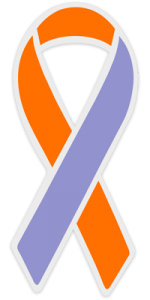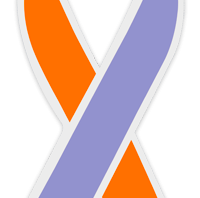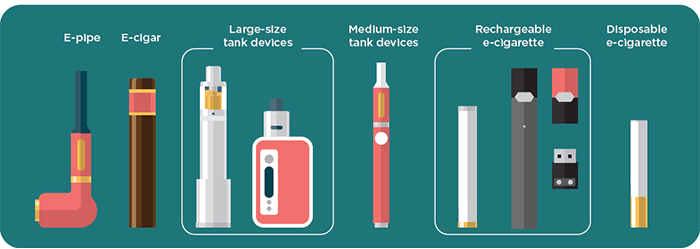Last Updated on February 6, 2020
August is Psoriasis Awareness Month. An estimated 7.5 million Americans have psoriasis, according to the National Psoriasis Foundation (NPF), making it the most common autoimmune disease in the United States. Despite its prevalence, many people are still unaware of its impact. Awareness offers the opportunity to educate the public and dispel myths associated with the disease.
Psoriasis is an autoimmune disease that causes raised, red, scaly patches to appear on the skin. It typically presents on the elbows, knees, and scalp, but can appear anywhere on the body. It often develops between ages 15 and 35, but can develop at any age. Psoriasis is not contagious; it is not something you can “catch” from others or transfer to someone else. Psoriasis lesions are not infectious . Stigma often surrounds those with visible psoriasis due to others not understanding there is no risk of infection.
Psoriasis is often diagnosed by a dermatologist or other healthcare provider examining the affected skin. There are five types of psoriasis that each present differently.
-

The Psoriasis Awareness ribbon is Orchid over Orange Plaque psoriasis is most common, presenting with raised, red patches covered with a silvery white buildup of dead skin cells. They are often painful and itchy, and can crack and bleed.
-
Guttate psoriasis appears as small, dot-like lesions and can be triggered by a strep infection.
-
Inverse psoriasis appears with very red smooth, shiny lesions and may present with other types of psoriasis.
-
Pustular psoriasis is characterized by white blisters surrounded by red skin most often on the hands and feet, but can occur anywhere on the body; the pustules are filled with white blood cells—it is not an infection, nor is it contagious.
-
Erythrodermic psoriasis is a particularly severe form of psoriasis that leads to widespread, fiery redness over most of the body. It can cause severe itching and pain, and makes the skin come off in sheets. It is rare, occurring in 3% of people who have psoriasis in their lifetime. It generally appears on people who have unstable plaque psoriasis. Individuals having an erythrodermic psoriasis flare should see a doctor immediately; this form of psoriasis can be life-threatening.
Psoriasis can associated with other serious medical conditions. An estimated 30% of people diagnosed with psoriasis will also develop psoriatic arthritis within their lifetimes. People with psoriasis also have increased risk of type 2 diabetes, cardiovascular disease, kidney disease, and depression.
NeedyMeds has a Diagnosis Information Page for psoriasis and psoriatic arthritis, developed in partnership with the National Psoriasis Foundation. In addition to information and links to helpful resources, we list the medications often prescribed for psoriatic disease, which we link to available Patient Assistance Programs (PAPs). PAPs provide prescribed medication at low or no cost. We also have listings for recreational camps for children with psoriasis or psoriatic arthritis to have stigma-free environment. For help tracking your health and remembering to take your prescribed medication on time, the NeedyMeds Storylines app is available and includes the NeedyMeds Drug Discount Card. Use our website to find assistance or call our toll-free helpline at 1-800-503-6897 Monday through Friday 9am through 5pm Eastern Time.





